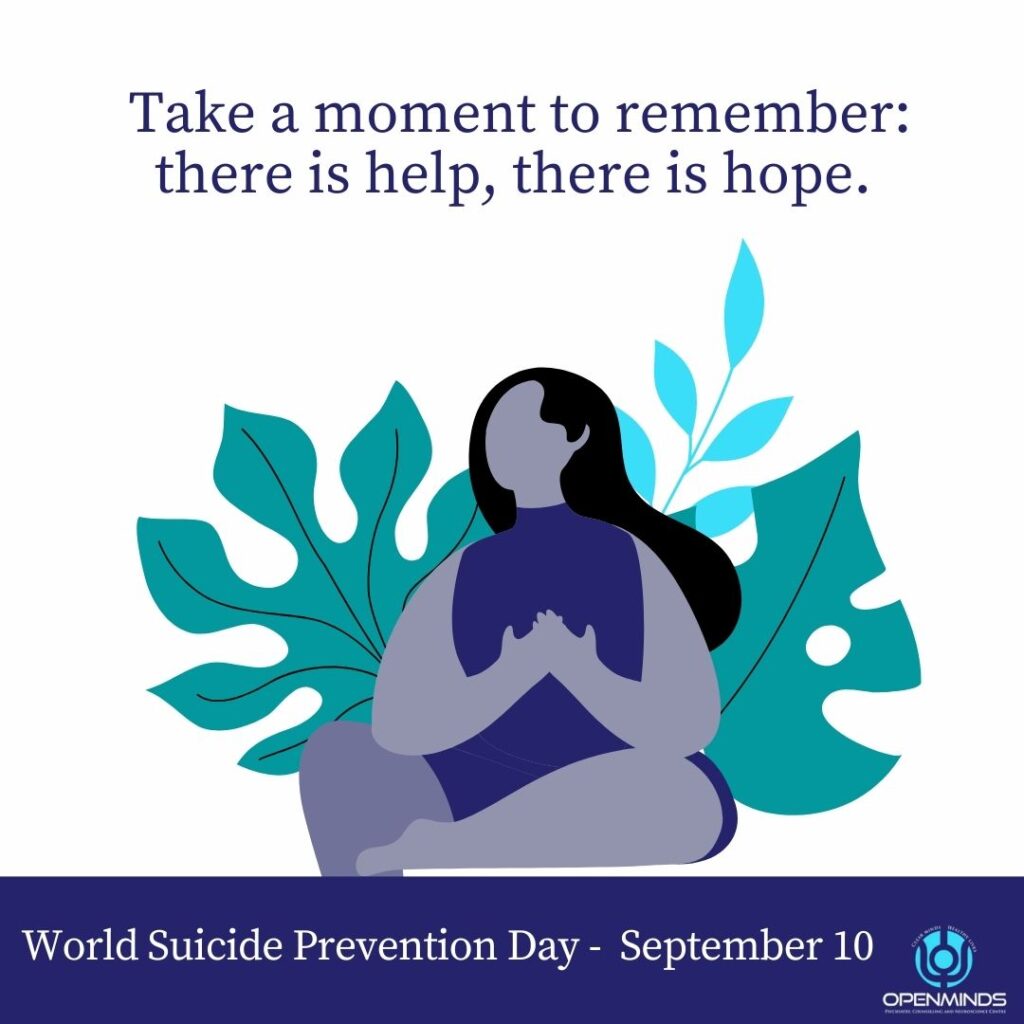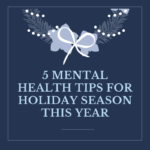Suicide Prevention Week 2020 Talks are Short, motivating, Realistic, and Knowledgeable videos by Clinicians of OPENMINDS Center , DUBAI. Each of these Clinicians describes the various ways to cope with suicidal thoughts, support the survivors, and an effort to shed light and reduce stigma around the highly taboo topic in the field that can have an impact on suicide.
Do you know someone who may be considering Suicide?
Every 40 seconds, someone, somewhere in the world, dies by suicide. For individuals with severe depression, it is unusual to think about suicide.What you should know if you are concerned about someone
- Suicides are avoidable.
- It is acceptable to talk about suicide.
- Enquiring about suicide does not aggravate the act of suicide. It often lessens anxiety and supports people.
Warning signs that someone may be seriously thinking about suicide
- Threatening to kill oneself.
- Saying things like “No-one will miss me when I am left.”
- Looking for lethal means to kill oneself, such as looking for pesticides, firearms or medication, or looking the internet for different ways of committing suicide.
- Some of them talk about selling their possessions or writing wills in terms of not having any point in living.
Who is at risk of suicide?
- People who have earlier tried to attempt suicide.
- Someone with depression or an alcohol or drug problem.
- Those who are suffering from severe emotional distress, for example resulting the loss of a loved one or a relationship problem.
- People suffering from chronic pain or illness.
- People who have experienced war, violence, trauma, abuse or judgement.
- Those who are socially isolated.
What you can do
- Find a suitable time and a quiet place to talk with the person you are concerned about. Tell them you are there to listen.
- Encourage the person to seek help from a professional, such as a Psychiatric doctor, mental health professional, counsellor or social worker. Offer to accompany them to an appointment.
- If you think the person is in immediate danger, do not leave him or her alone. Seek professional help from the emergency services, a crisis line, or a health-care professional, or turn to family members.
- If the person you are worried about lives with you, ensure that he or she does not have access to means of self-harm .
- Stay in touch to check how the person is doing.



